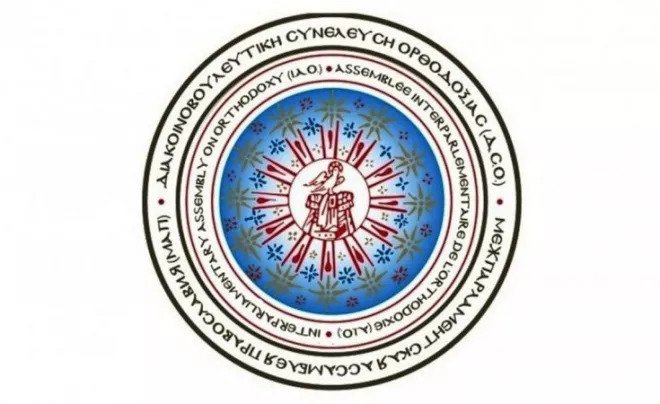“Interstate frictions and differences must not in any way affect the churches’ social and theological work or hinder their activities,” the IAO said in a statement on the Montenegrin issue.
As noted in a related announcement, the Interparliamentary Assembly on Orthodoxy (IAO) has been following with growing concern the developments in Montenegro.
It further stated that “the Metropolitanate of Montenegro, born from the laity as a vital part of the Orthodox Church of Serbia and indivisible from it, has been offering its holy ministry to the Montenegro people for centuries.”
Read the full IAO statement
The Interparliamentary Assembly on Orthodoxy (I.A.O.) has been following with growing concern the developments in Montenegro in relation to the property belonging to the local Orthodox Metropolitanate of Montenegro and the Littoral under Metropolitan Bishop Amphilochius.
The self-evident jurisdiction the Parliament in the Republic of Montenegro has in legislating in the interest of the country’s people cannot be interpreted by the government as cause for conflict with the local Church or as a reason to restrict this Church’s activities.
As for the measures taken for the protection of any country’s monuments, they must not hinder, as much as this is possible, the function and use of the latter or defeat the purpose for which the monument was built.
The Metropolitanate of Montenegro, born from the laity as a vital part of the Orthodox Church of Serbia and indivisible from it, has been offering its holy ministry to the Montenegro people for centuries. Such an activity necessitates the requisite resources and revenue that will allow the Church to keep up its successful work.
Financial independence of long established religious entities is a necessary condition for their function within the boundaries prescribed by the laws. Interstate frictions and differences must not in any way affect the churches’ social and theological work or hinder their activities.
